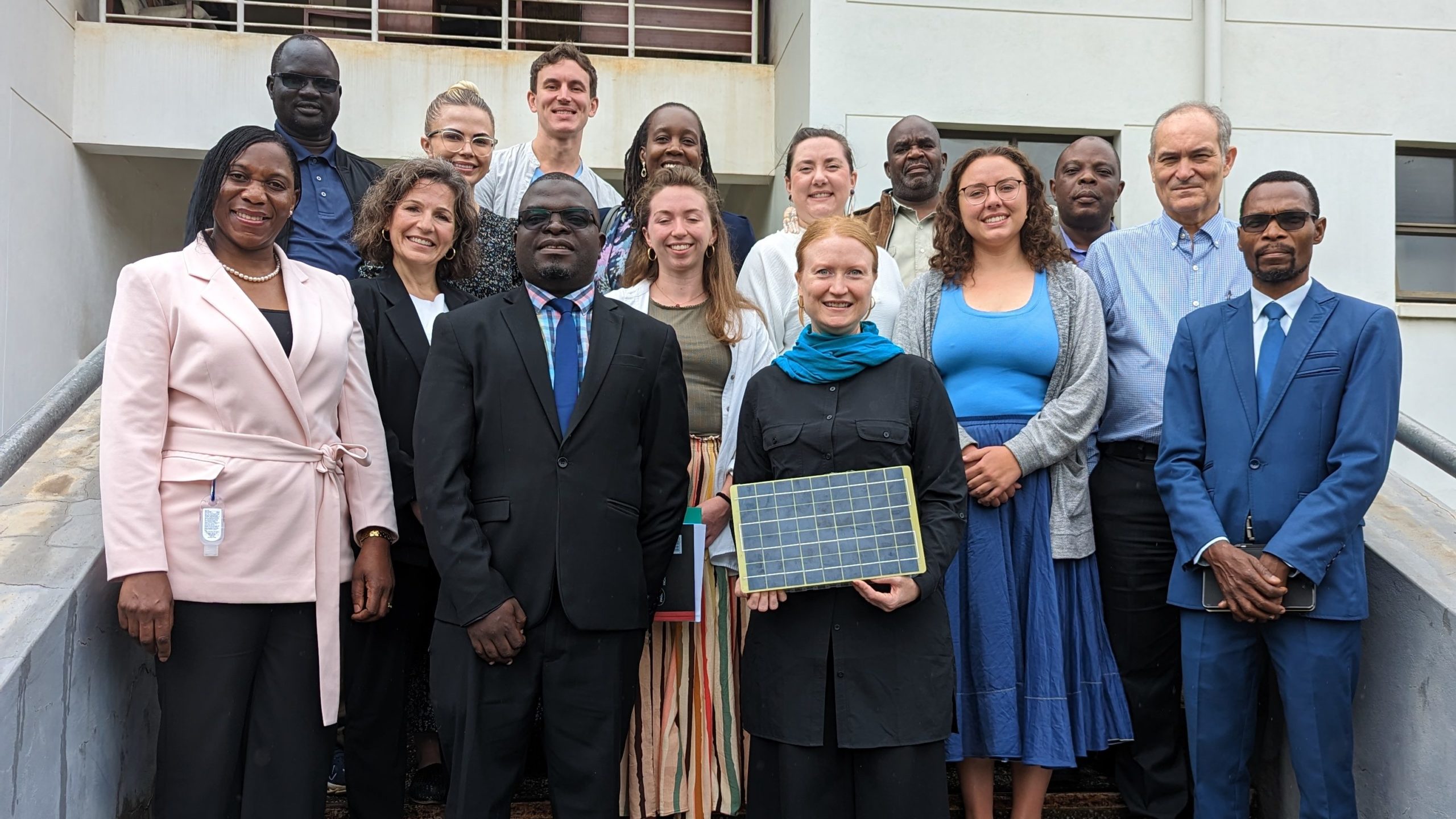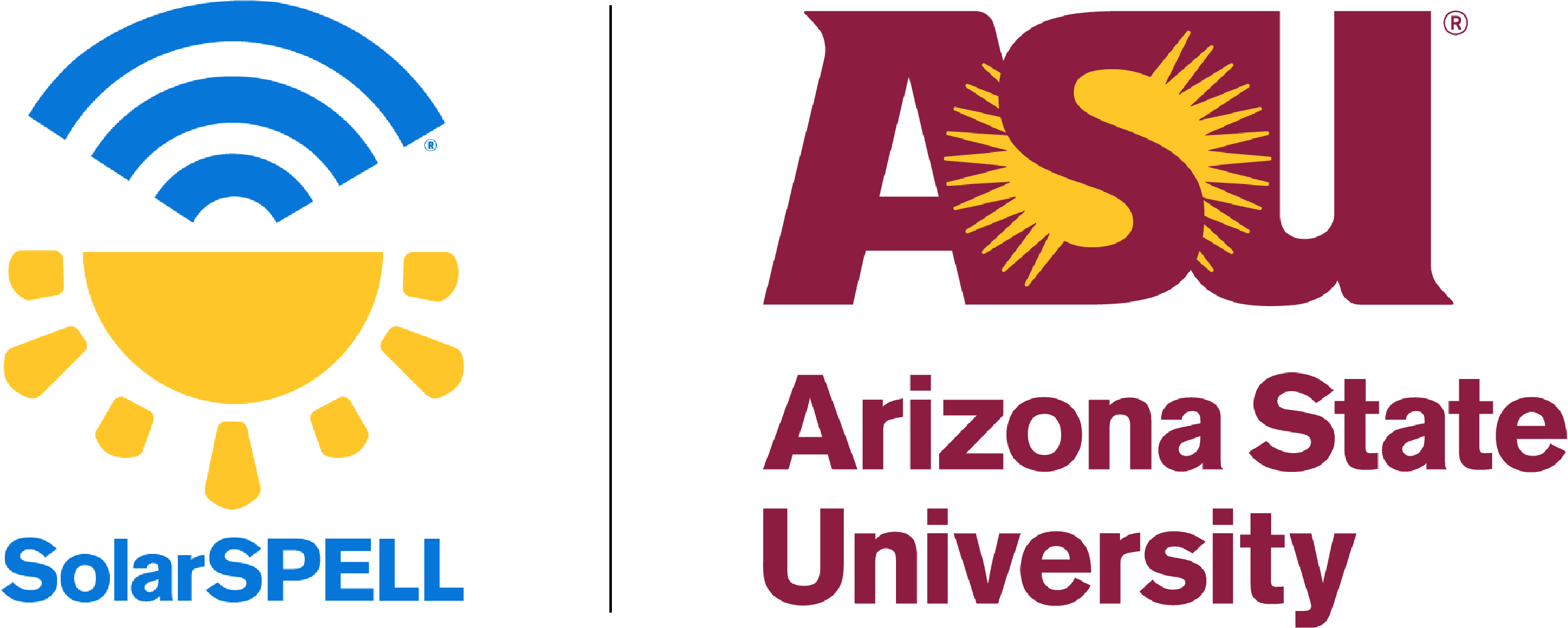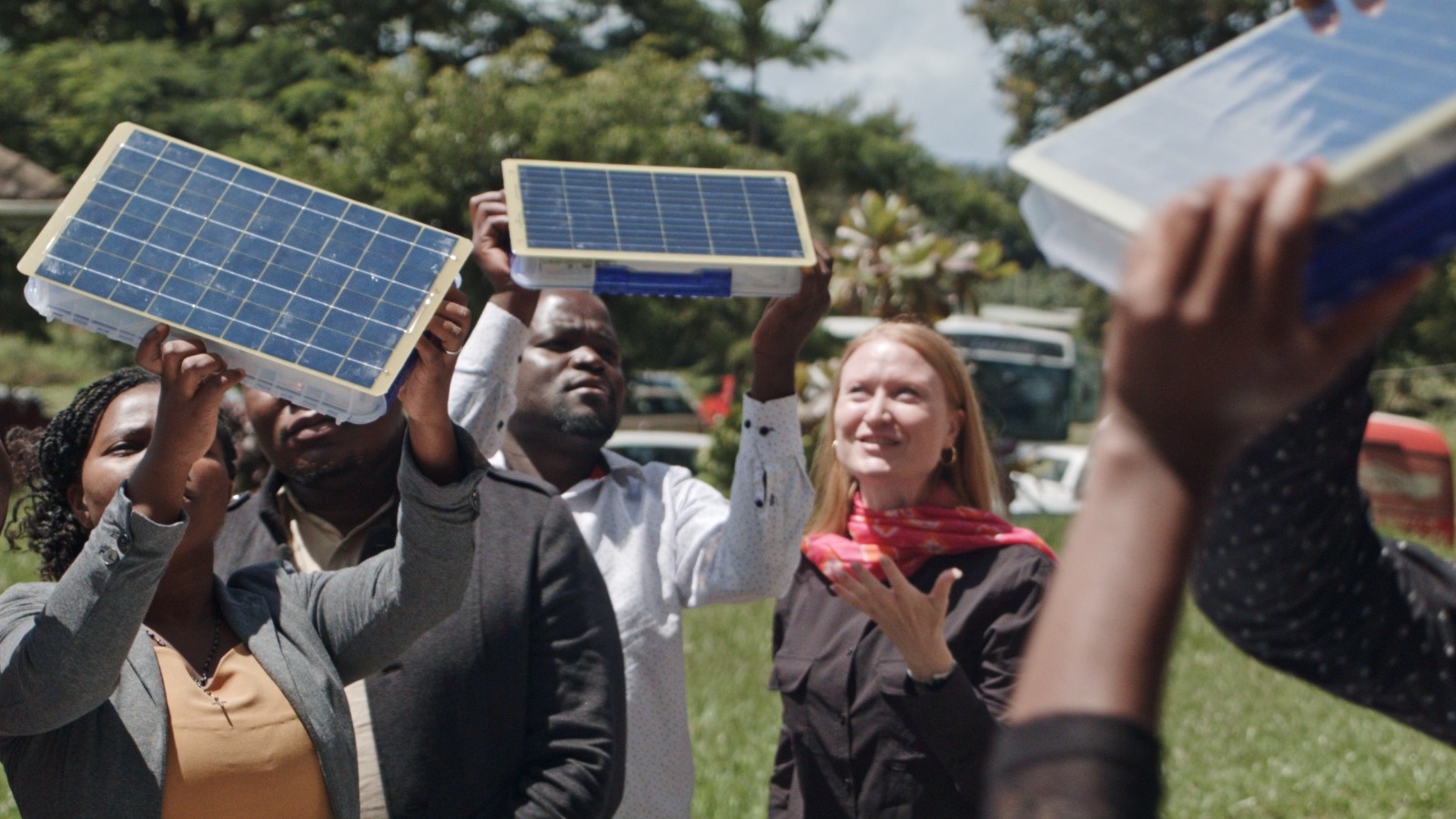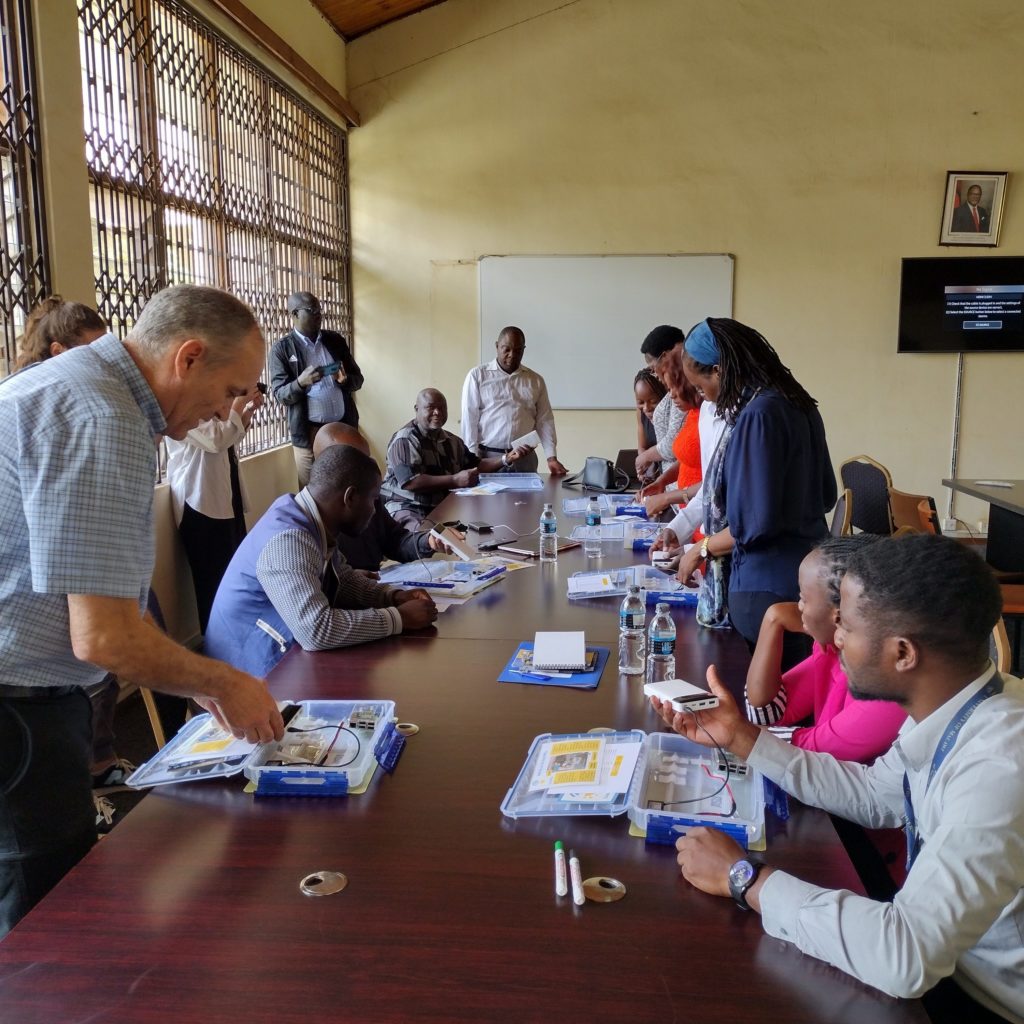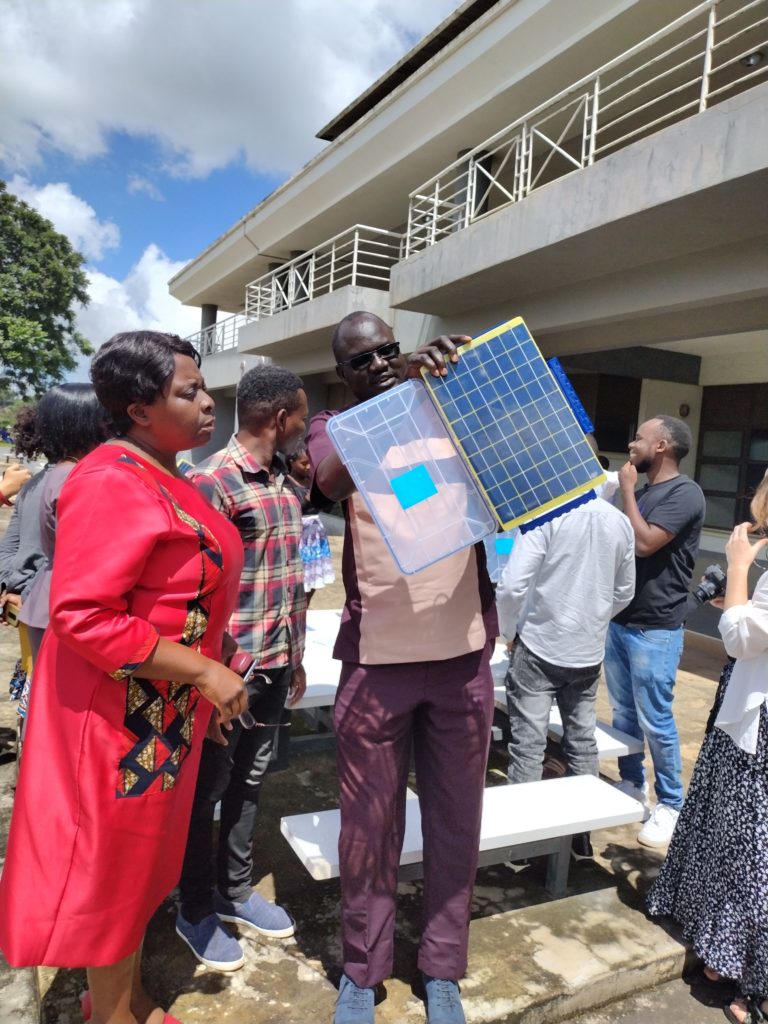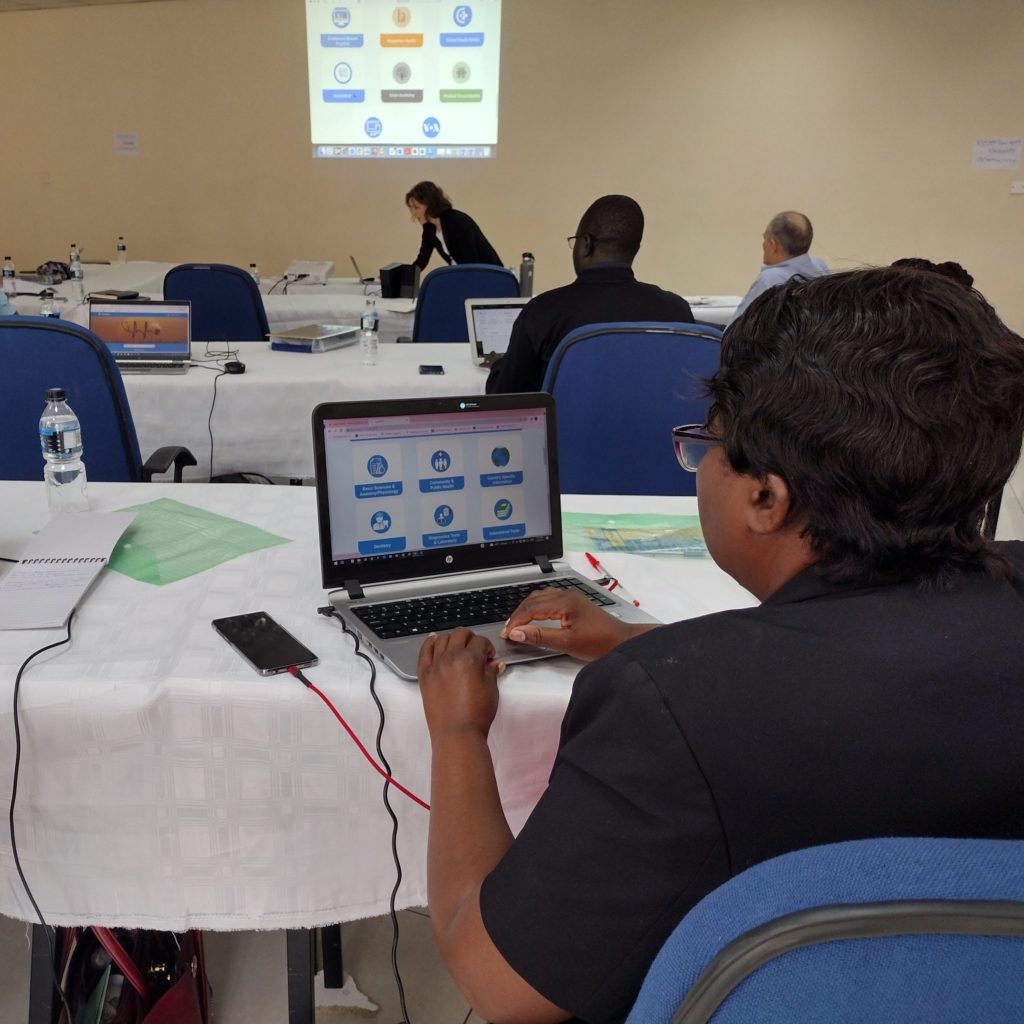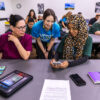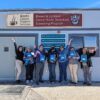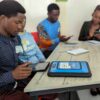In January 2023, the SolarSPELL—Arizona State University team traveled to Malawi to launch the SolarSPELL Health Library in partnership with the Malawi Peace Corps Response Advancing Health Professionals (AHP) program and the Kamuzu University of Health Sciences (KUHeS). We held two train-the-trainer trainings with faculty, staff, students, librarians and administrators from KUHeS, first at the Lilongwe campus, and then at the Blantyre campus.

After introducing SolarSPELL and giving a historical overview of our initiative, we demonstrated the SolarSPELL technology and hardware, and gave an overview of how the library is made (in terms of content curation, metadata tagging, cataloging, and the software that brings it all together). We also facilitated a large group discussion on how the libraries would be used at KUHeS and led a number of hands-on activities, giving participants a chance to use the libraries to find resources they may use in their teaching, studies or practice. One highlight of the training was the mini workshop on Evidence-Based Practice, led by Rachel Thompson, an ASU Doctor of Nursing Practice student. This participatory activity gave instructors and students alike a method for strengthening their own information literacy and research skills, as well as tools for helping develop these skill sets in others.
All three project partners worked through and agreed on a plan to take this pilot project through the end of the year, with activities designed to demonstrate the use, impact and effectiveness of the SolarSPELL Health libraries. There will be two distinct phases of SolarSPELL library use. In the first phase, the SolarSPELL libraries will be used on campus, either by faculty in their teaching or by groups of students. In the second phase, teams of students will check out a SolarSPELL library (from the KUHeS library) to bring with them to remote clinics and hospitals where internet connectivity is truly a challenge and often not available. Students are assigned to these remote clinics and hospitals for 6–14 weeks to carry out their in-field clinical practice rotations. Until now, students assigned to these remote locations have found it tremendously difficult to keep up with their homework and ongoing assignments, given the lack of connectivity. The possibility of carrying an entire health library with them when traveling to these rural sites was truly an exciting prospect for the students and educators alike.
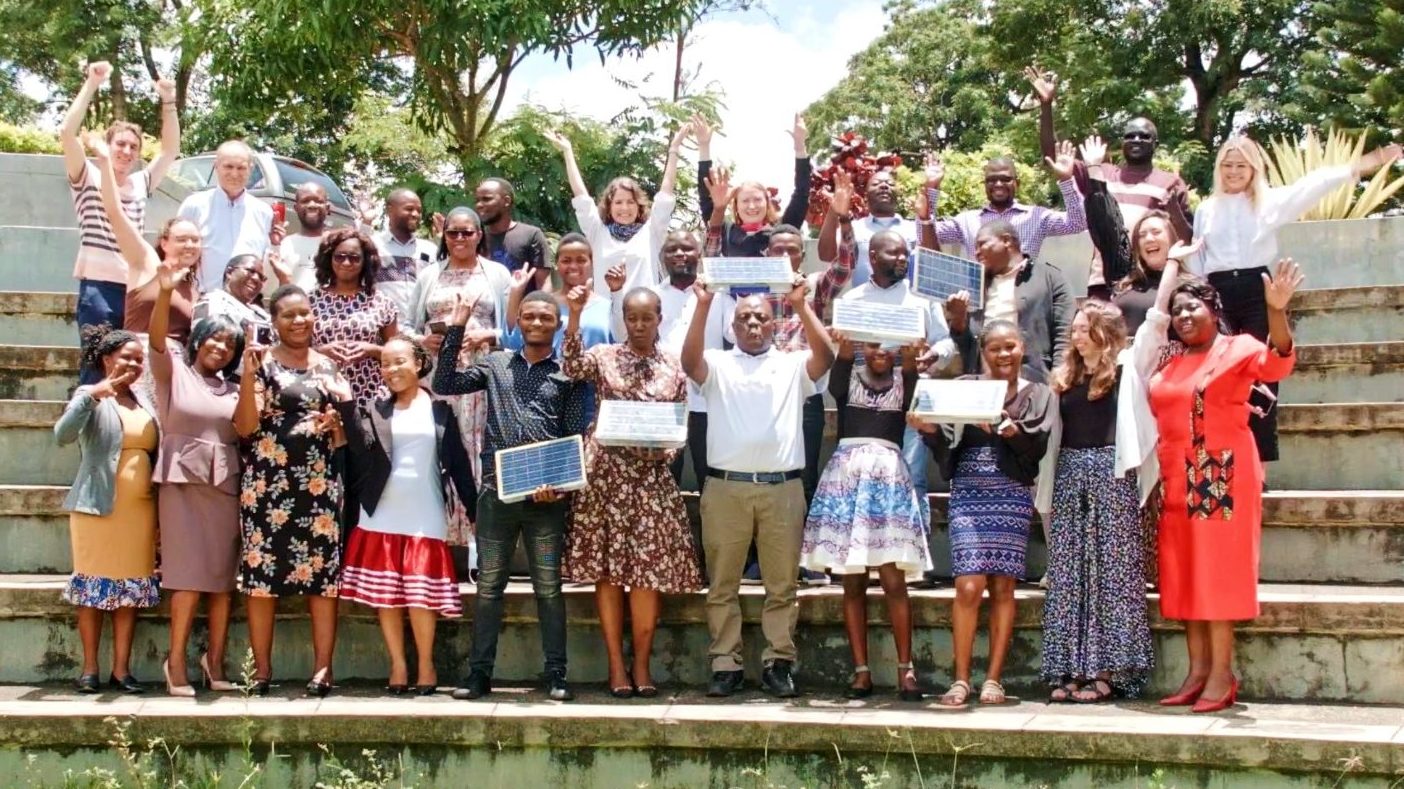
The SolarSPELL team looks forward to continuing to work with Peace Corps Malawi and KUHeS to ensure that the SolarSPELL Health libraries are used to the best of their potential over the coming year, and that we can further develop the library content to meet the needs of KUHeS’ instructors and students (as well as their patients). Our partners also hope that we can establish the libraries’ positive impact during this pilot period, so that project expansion may take place in 2024.
